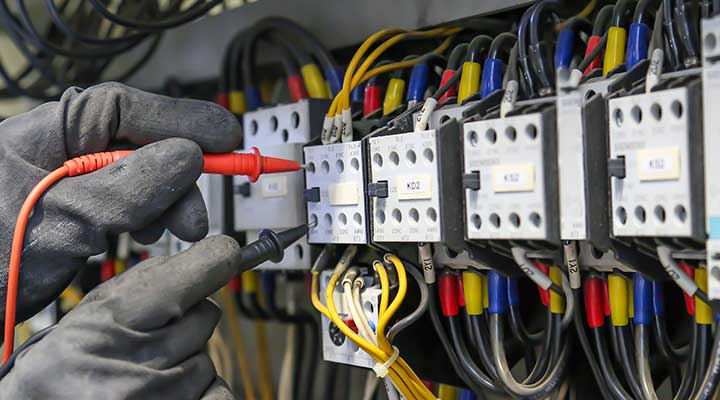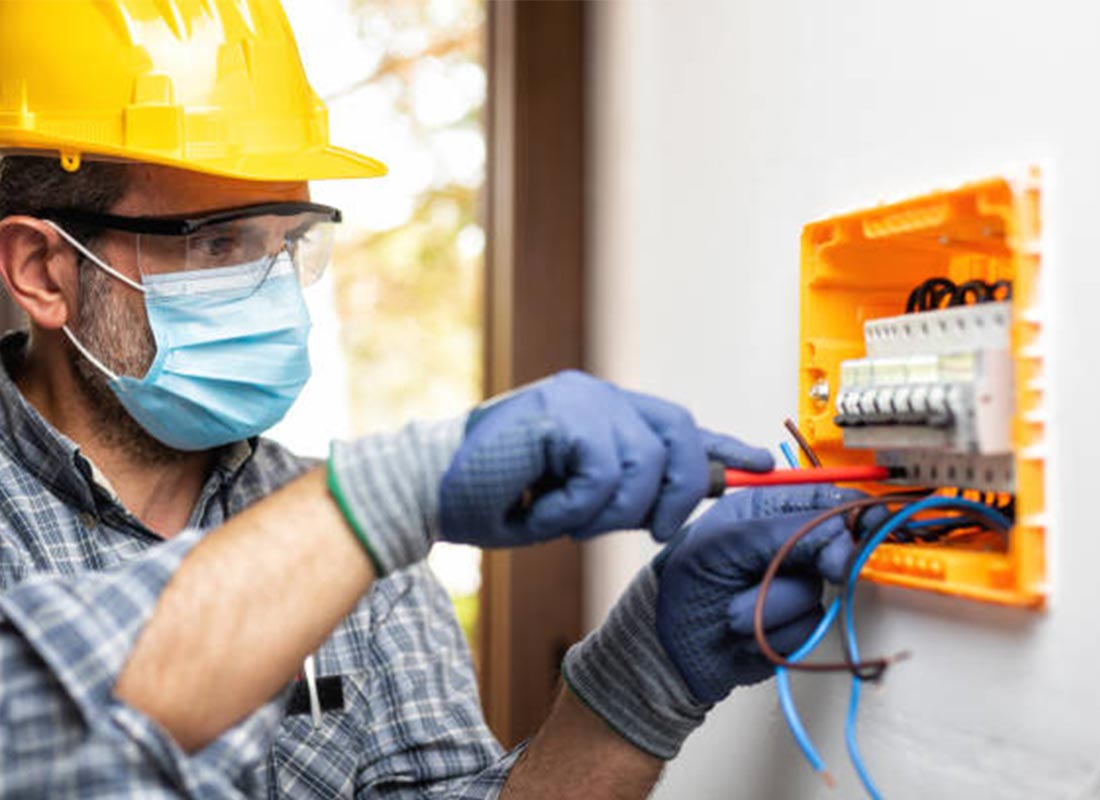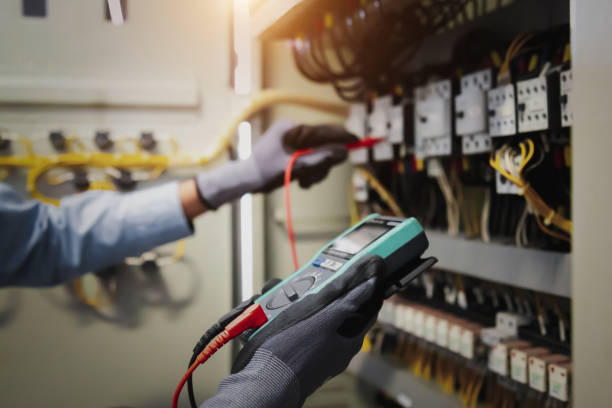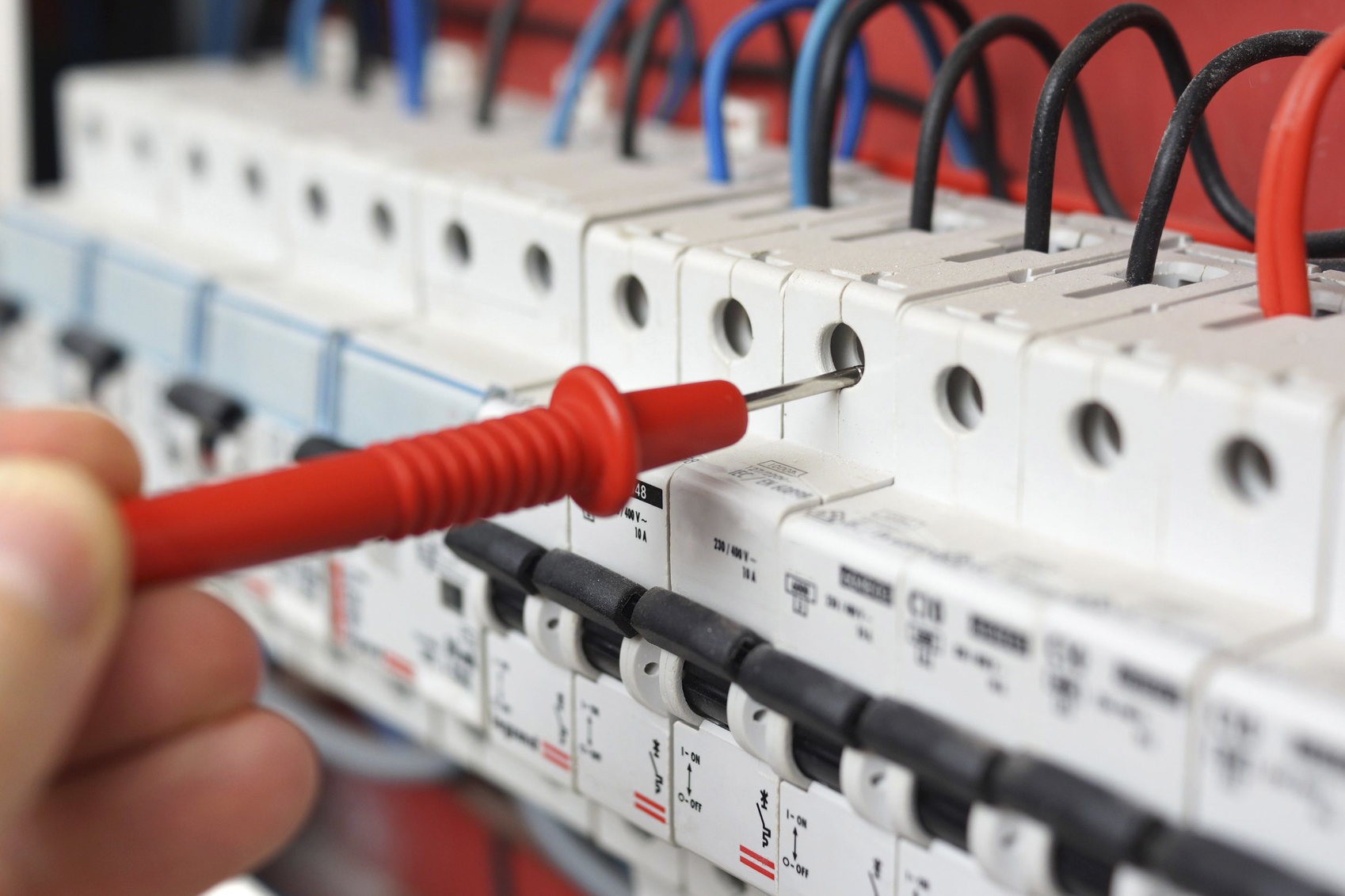Electrical safety is crucial for every homeowner. Following these essential tips can help prevent accidents and keep your family safe.
1. Regular Inspection of Electrical Cords
Check all electrical cords regularly for signs of fraying or damage. Replace any damaged cords immediately, as they pose a significant safety risk.
2. Don't Overload Outlets
Avoid plugging too many devices into a single outlet. Use power strips with surge protectors when necessary, but don't daisy-chain them.
3. Install GFCI Outlets
Ground Fault Circuit Interrupter (GFCI) outlets should be installed in bathrooms, kitchens, and other areas where water is present. These outlets help prevent electric shock.
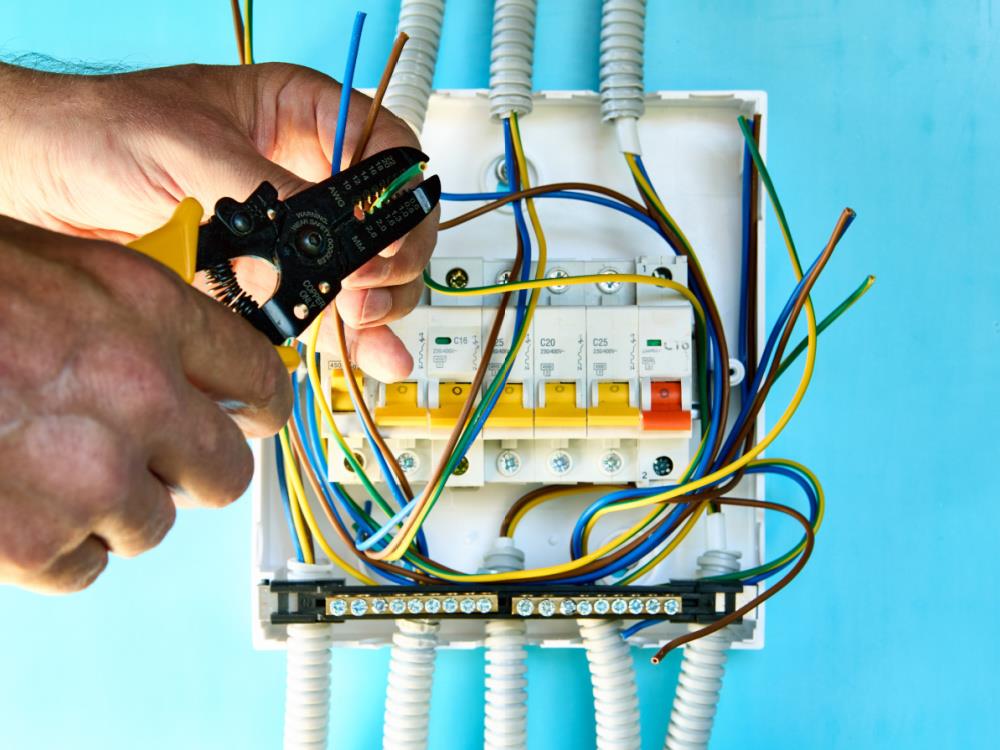
Professional installation of GFCI outlets is essential for home safety
4. Keep Water Away from Electrical Devices
Never use electrical devices near water. Keep all electrical appliances away from sinks, bathtubs, and other water sources.
5. Proper Light Bulb Wattage
Always use light bulbs with the correct wattage for your fixtures. Using bulbs with too high wattage can lead to overheating and fire hazards.
6. Childproof Your Outlets
Use outlet covers to protect young children from electrical shock. Consider tamper-resistant outlets for additional safety.
7. Maintain Your Circuit Breaker
Know where your circuit breaker is located and how to use it. Label all circuits clearly and keep the area around the panel accessible.
8. Outdoor Electrical Safety
Use only outdoor-rated extension cords and outlets for exterior electrical needs. Keep all outdoor electrical connections dry and elevated.
9. Professional Maintenance
Schedule regular electrical inspections with a licensed electrician. They can identify potential hazards before they become dangerous.
10. Emergency Preparedness
Keep a flashlight and emergency contact numbers readily available. Know how to shut off power in case of an emergency.
